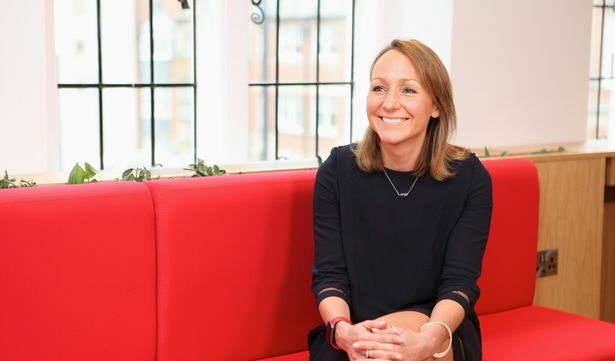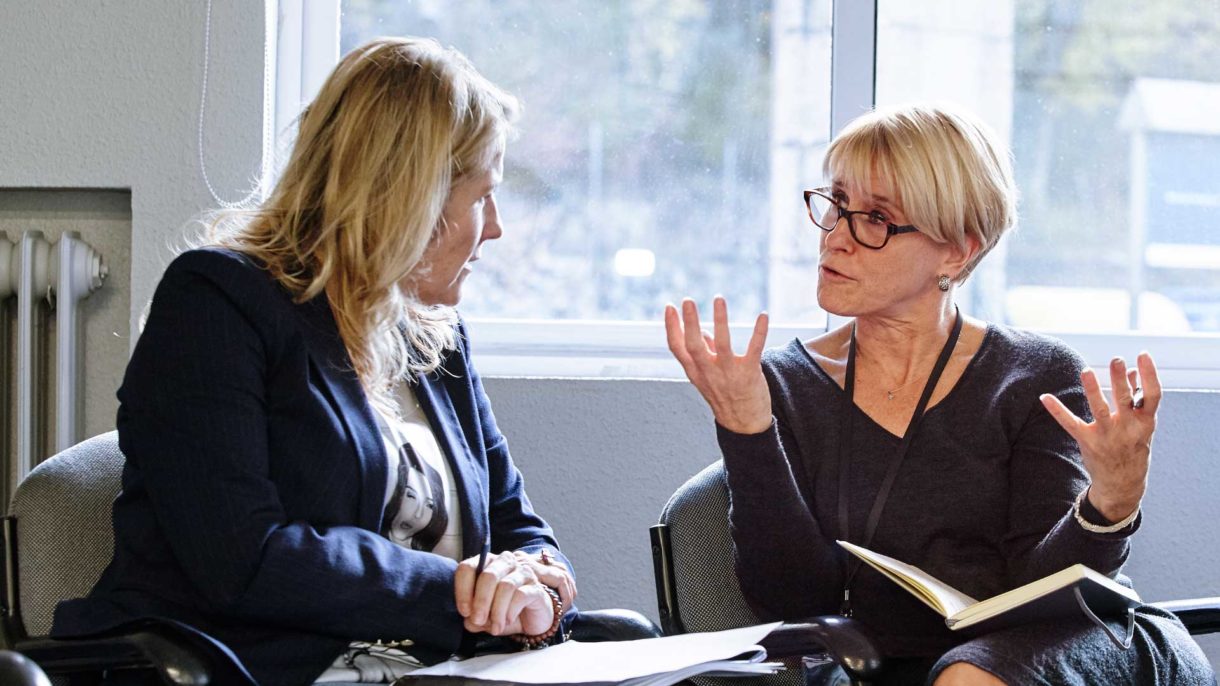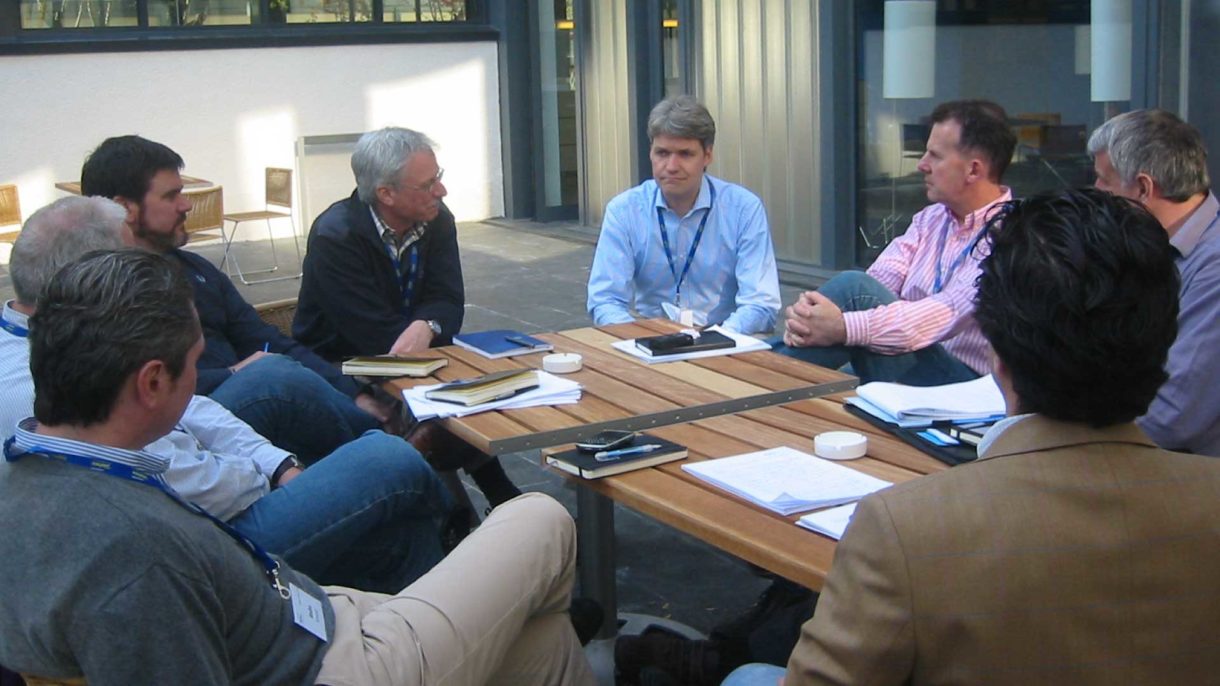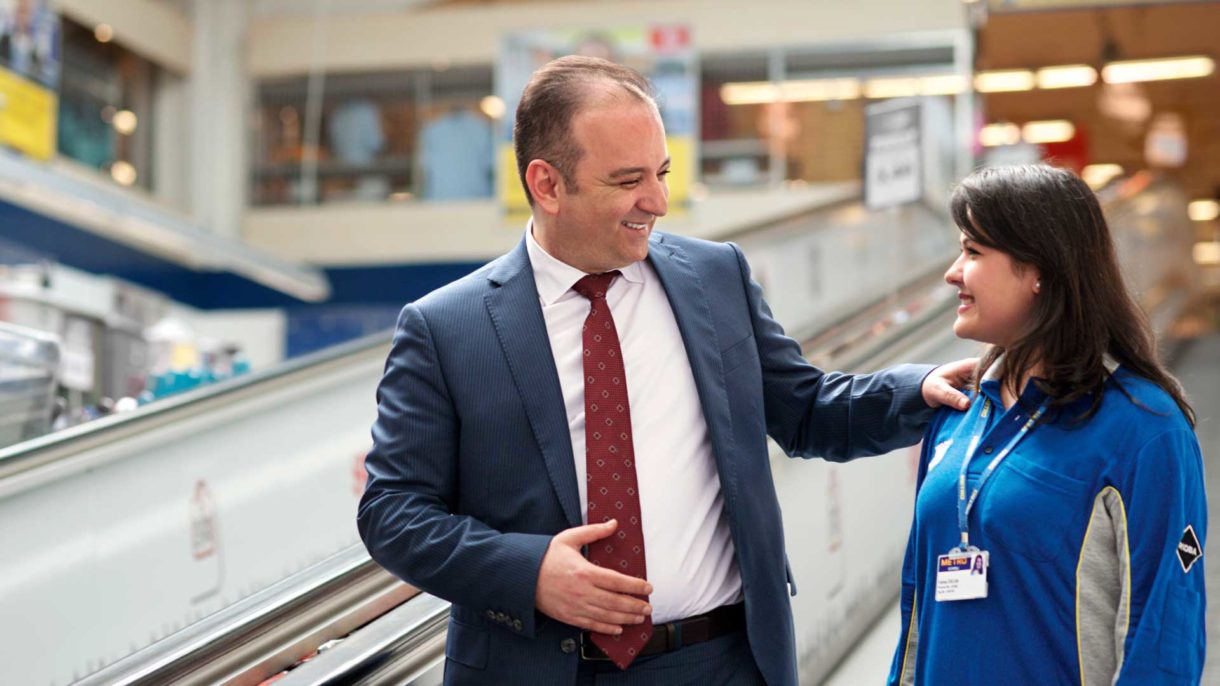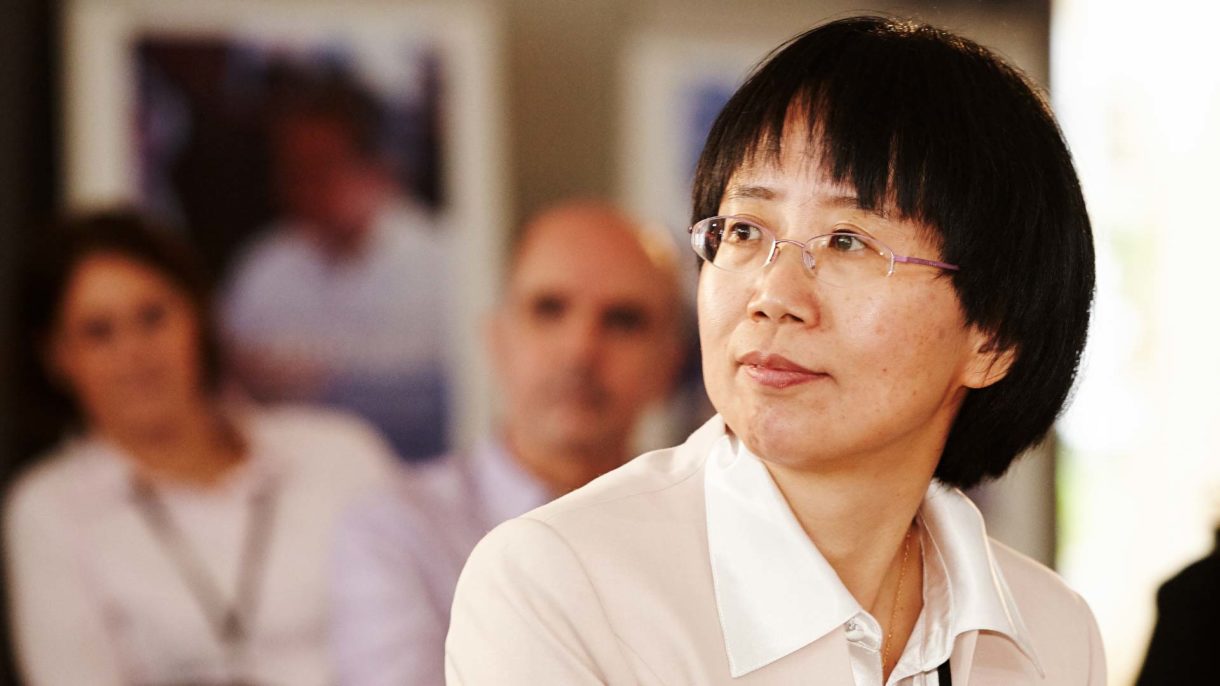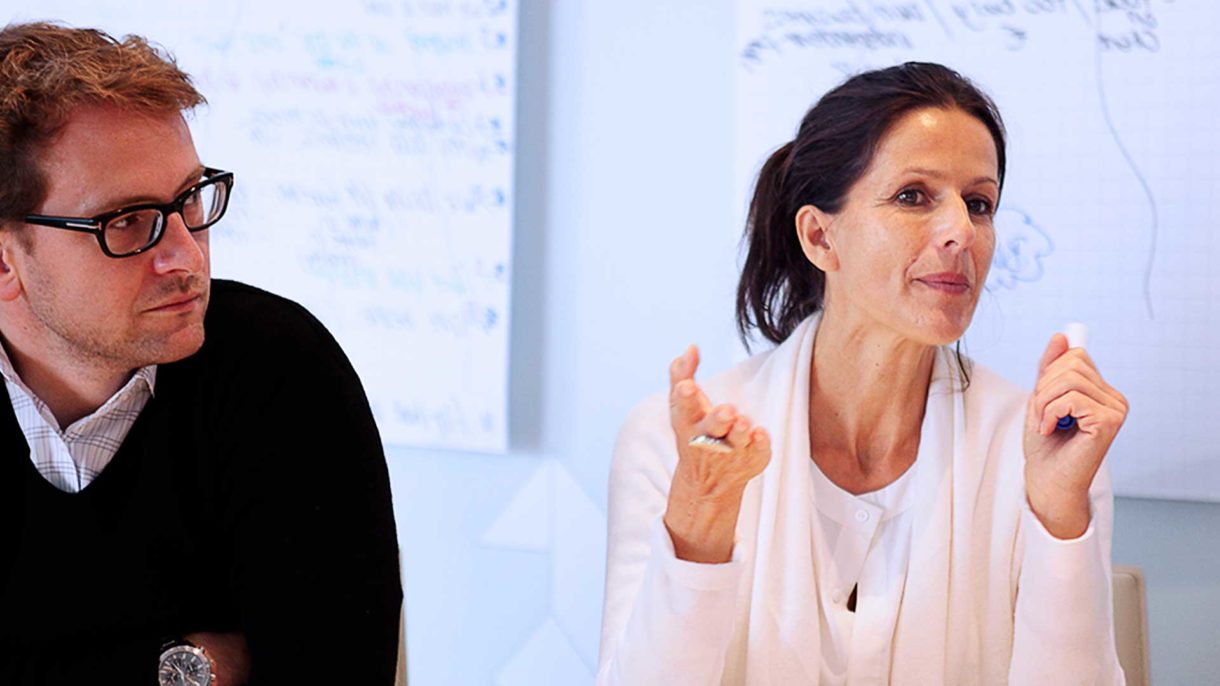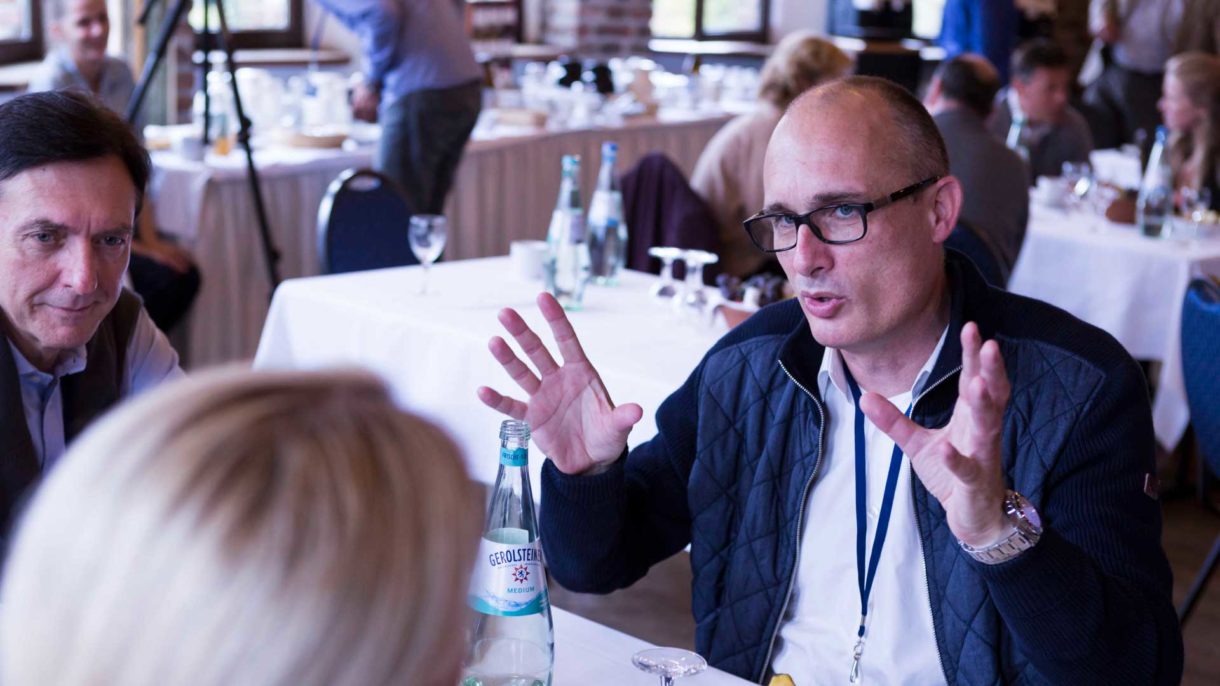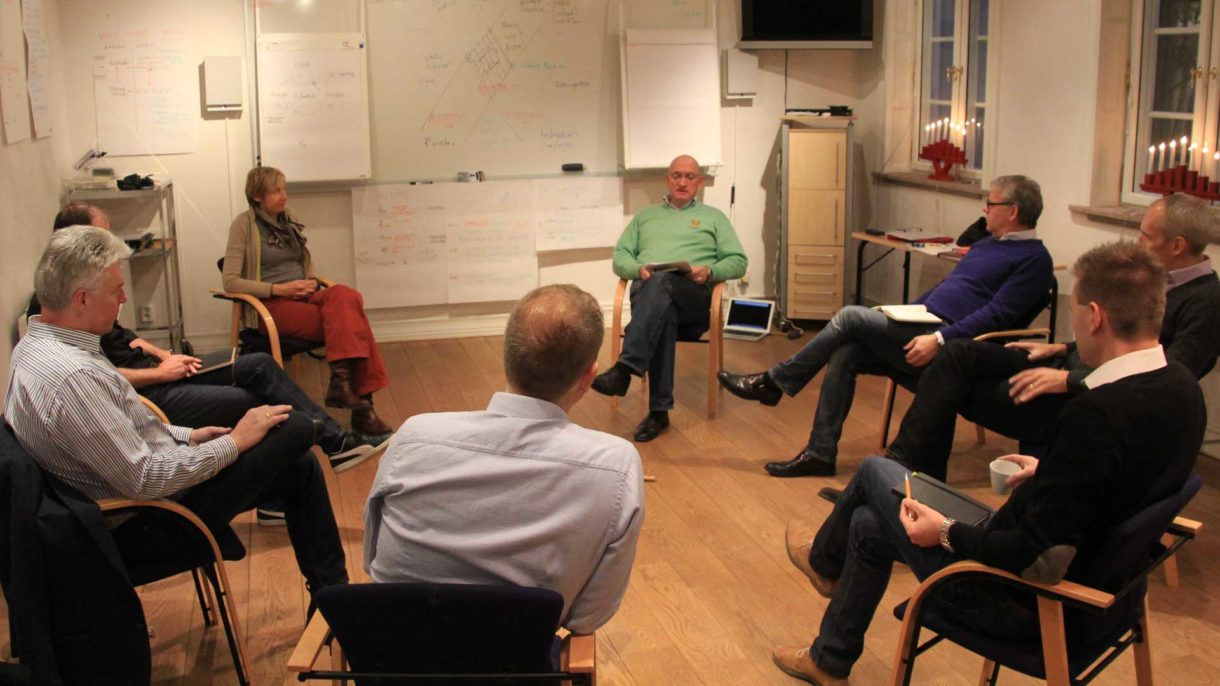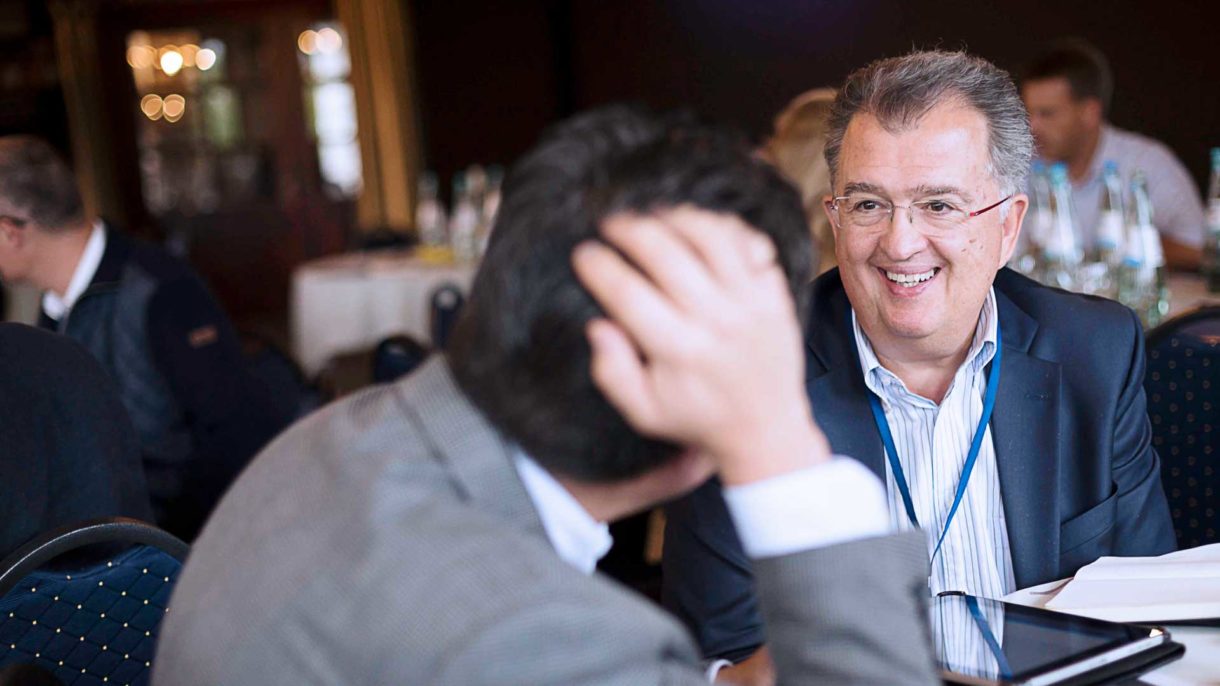
We customised core programmes for Telefónica’s Corporate University to deliver these Programmes on a global scale.
Background
Telefónica is a Spanish, multinational broadband and telecommunications provider with operations in Europe; Asia; and North, Central, and South America.
It is one of the largest telephone operators and providers in the world. Telefónica contracted with us to create a programme to build capabilities to effect long-term cultural change.
When Juan Rovira was given the task by the Telefonica board of building
‘Universitas Telefonica’, he was as surprised as anyone.
Now, Rovira lectures in leadership development and executive coaching at ESADE Business and Law School in Barcelona but at the time, he had nothing to do with people development.
Rather, he was simply an executive within the wider Telefonica group, trusted by the board for his ability to get things done. Just as well, as creating the Universitas – an institution thatremains at the heart of Telefonica’s leadership training programme today, was no small task.
The aim of the university was clear.
An industry leader in the global telecommunications industry, the Telefonica Group was built largely through M&A activity. In Rovira’s words: “we were a company of a quarter of a million people, brought together through a busy acquisition strategy. For a second, imagine you’re on the board of a company of a quarter of a million people, present across Latin America and Europe.
“What you have is not one company but multiple kingdoms and cultures. And when I say ‘culture’, I mean the different ways companies have learned to talk to their employees; talk to the customer; talk to the shareholder; talk to society and the communities which the company operates within.
“That’s before you even consider the different interpretations we all took for economic and business processes such as customer retention or quality of service.
“We needed one voice, one language and one culture.”
Universitas Telefonica was the answer to that need. Rovira had two tasks. The first was to build a physical presence – “this wasn’t about increasing technical skills or developing individual talent,” he says. “It was about bringing our best people and future leaders together to forge understanding and alignment.”
The second task Rovira faced was to find the right partner to create and run the programmes. Rovira’s brief was simple enough: “Who can help us develop our leadership globally?”
A thorough tender process ensued, during which the Unversitas team, led by Rovira, saw more than 20 different specialist consultancies and business schools.
“Purpose-driven consultancy Oxford Leadership was the smallest of the organisations we saw,” remembers Rovira, “ but their sheer personality of [Oxford Leadership founder] Brian and his team, as well as the product and proposed programmes, were enough to captivate the panel of people helping me choose our partner.
“They paid close interest throughout the process and, we felt, really understood the project and the scale of our ambition. We trusted that they knew how to make it possible.” After winning the tender, Oxford Leadership designed a tailored leadership development programme for Telefonica built around their own successful ‘Self-Managing Leadership’ (SML) product.
‘SML’ is a 10-step model that drives participants to identify their purpose, values and vision in order to define their leadership. Clients all over the world are engaging with SML in a variety of formats including remote through its bespoke digital platform.
At Telefonica the participants gather at the university for four days of high level plenary and group sessions, followed by a 90-day personal coaching and action plan, aimed at triggering the highest impact, for both personal and professional development.
The Spanish company says the creation of a common language and way to lead has driven a greater understanding of its strategy and an increase in functional alignment across the organisation.
Just as crucially it has aided the development of directors and managers far better equipped to deal with leadership challenges that perhaps didn’t even exist 20 years ago.
The speed at which decisions are made now means large organisations require teams and executives to employ real-time responsibility, agility and action when faced with tough questions.
Corporate giants were once far more comfortable taking weeks to analyse and report the nature of a new problem, build a response strategy which would then need to wait for ‘sign off’.
“This doesn’t work any more and companies know it,” says Miguel Gowland, partner at Oxford Leadership and responsible for steering the Telefonica client engagement.
“The market moves so fast,” says Gowland, “that you need all of your people, not just your most senior executives, to be able to act in any single moment in the interests of your strategy.”
Rovira, who still delivers lectures and classes to each year’s new cohort of participants at Telefonica’s internal leadership school. When it first started, the first set of ‘students’ was 42 people. The company now puts more than 2000 people through the programme every year. In feedback the programme is scored ‘exceptional’ or ‘very good’ by 95% of the participants.
Rovira says the university he set up has played a profound role in Telefonica’s ability to embrace transformation. “The people that come through the university create bonds and experiences together which helps them collaborate and succeed as they come through as leaders. When I left the company they made a few adjustments to make sure the programme is fit for new realities. But while change is constant, the university is the only thing that existed when I was at the company that has survived and is still being delivered now.”
Objectives
- Influence change from the inside out.
- Manage complexity and ambiguity, and develop the skills to lead others through turbulent times.
- Build a sense of community, trust, belonging, and openness across all areas of the company.
- Discover a deeper sense of purpose and meaning in their work.
Solution
To meet the company’s objectives, we customised core Oxford Leadership programmes—Self-Managing Leadership, Leading High-Performing Teams, and Strategic Focusing—for Telefónica’s Corporate University to deliver these Programmes on a global scale. The solution included a special Facilitators’ Certification Training for Telefónica managers that supported the delivery of these programmes and cascaded them throughout the organisation.
Oxford Leadership™ is a long-term partner of Telefónica’s Corporate University. More than 2,000 Telefónica senior leaders have completed the Oxford Leadership courses, which consistently achieve the highest level of evaluation amongst our directors.
Rory Simpson
Chief Learning Officer, Telefónica
Results
To date, more than 2000 Telefónica leaders from 18 countries (including Germany, Czech Republic, Ireland, Slovakia, UK, Spain, and USA) have completed the Self-Managing Leadership Programme, with more members of the leadership team on the waiting list for upcoming programmes. Over 600 top Telefónica leaders have attended the Leading High-Performing Teams and Strategic Focusing trainings, with more programmes and Leadership Journeys scheduled.
Stay up-to-date with our latest news:
Subscribe